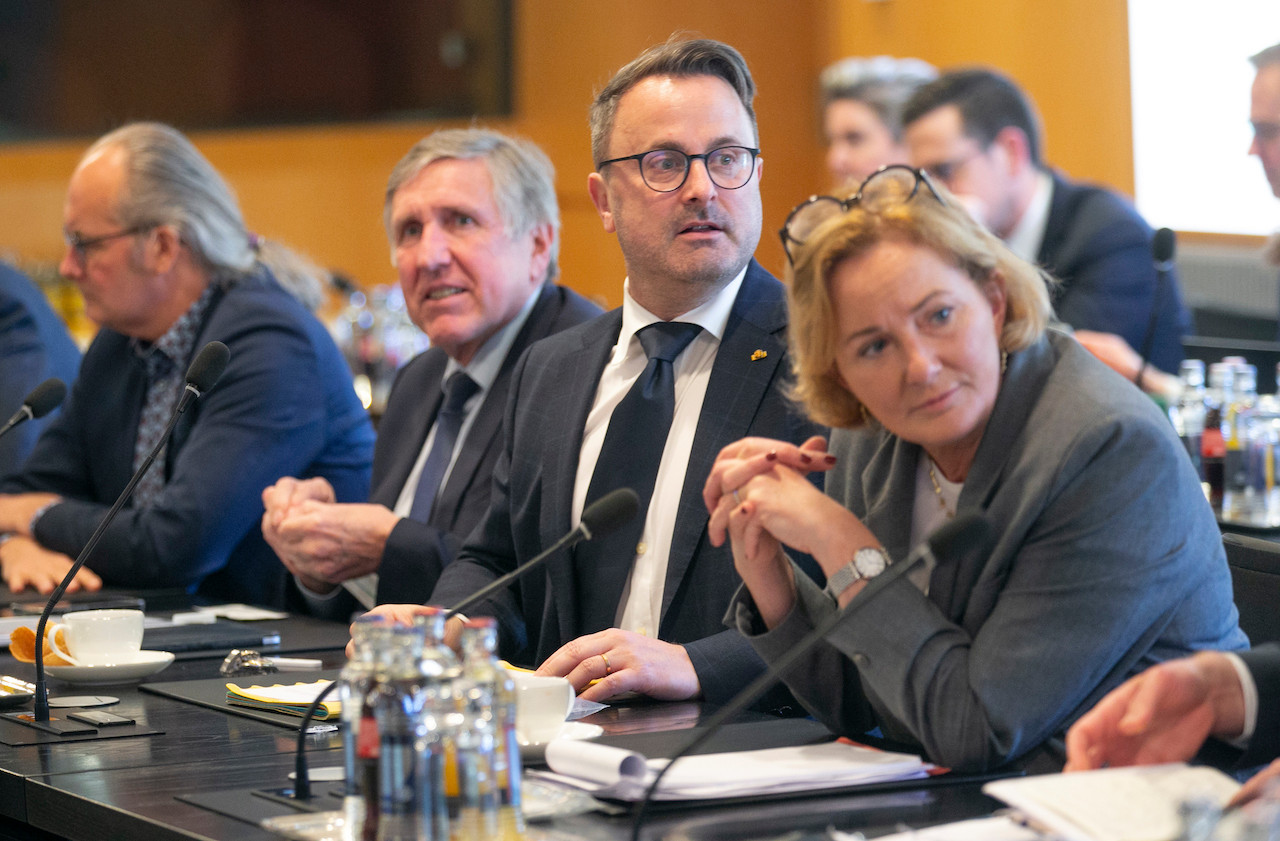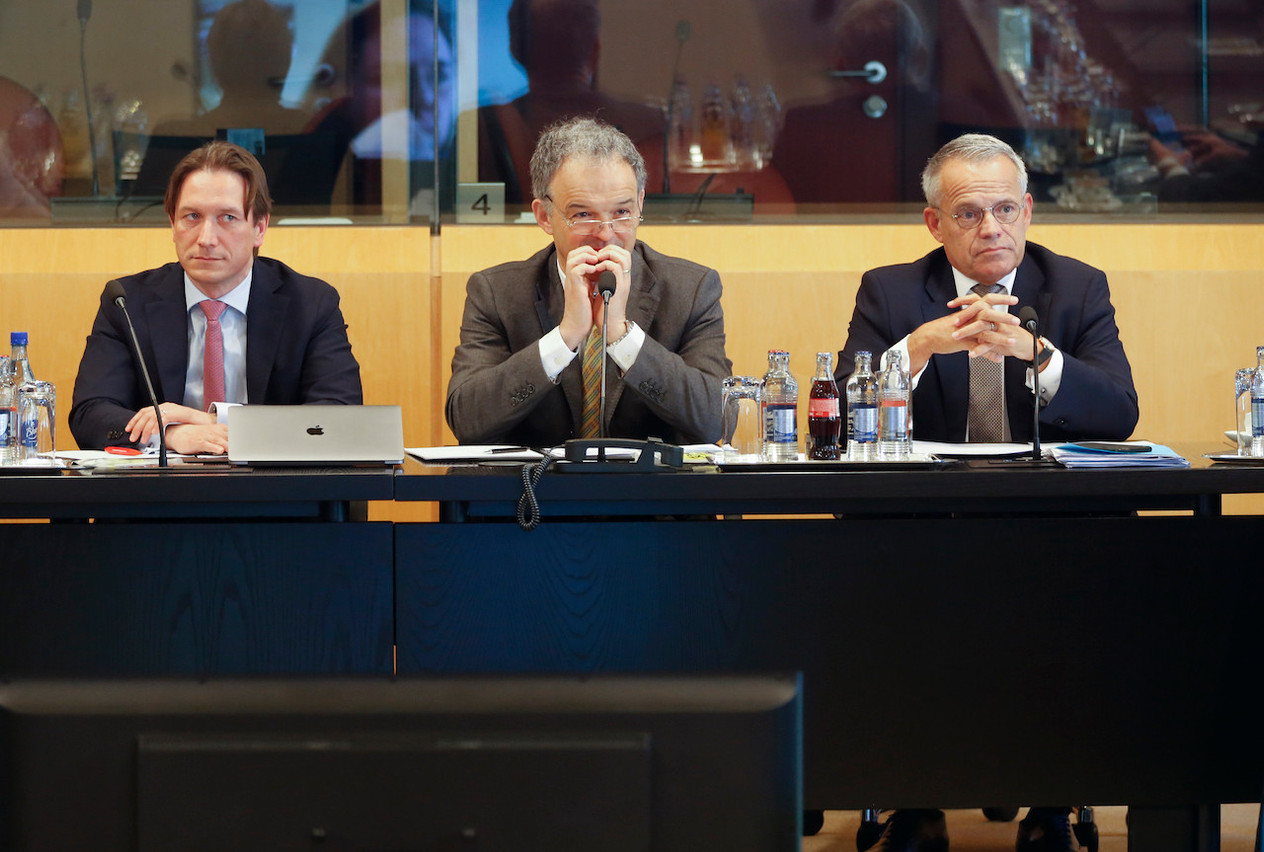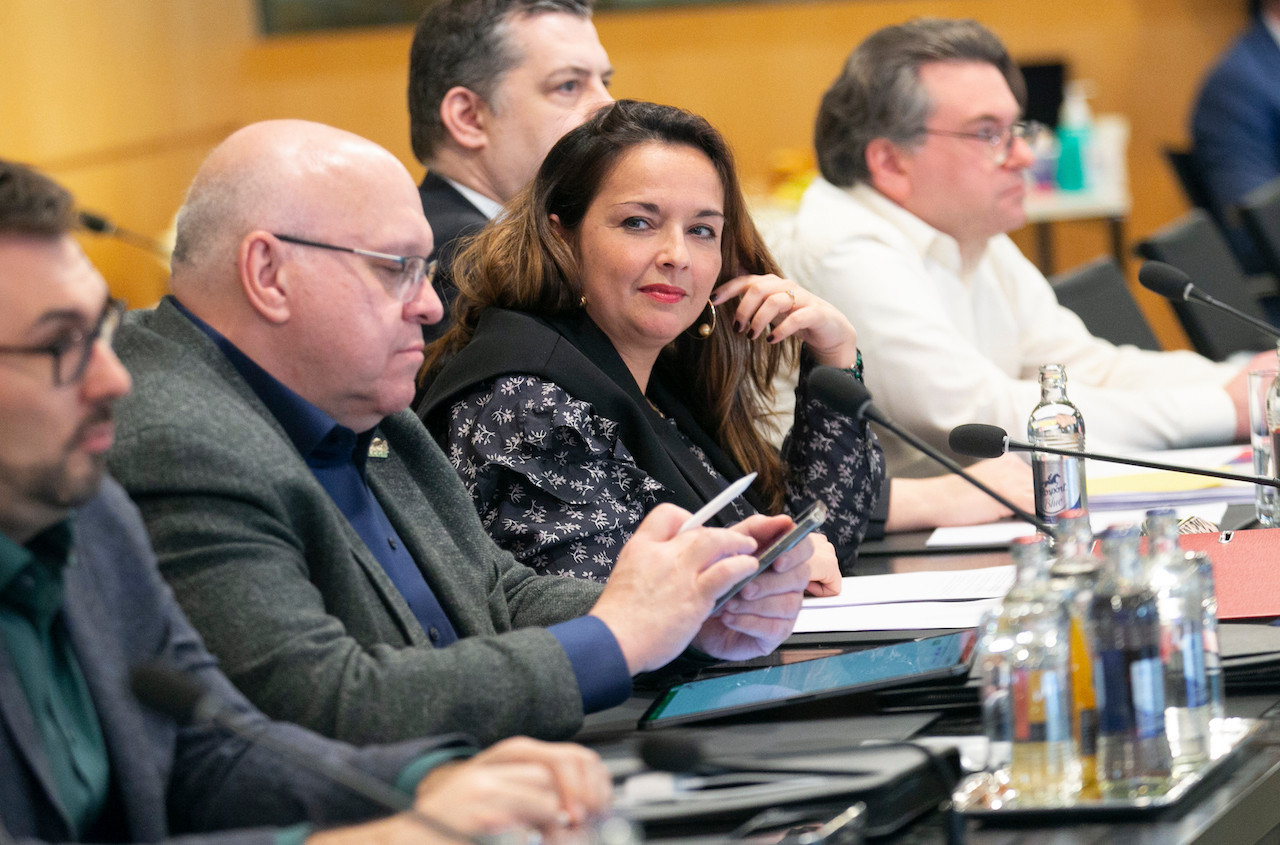Watching the BBC’s flagship political panel show Question Time on Thursday evening served as a reminder of just how fortunate Luxembourg is to have its tripartite form of social dialogue.
First convened in the 1970s to tackle the impact of the steel crisis, the tripartite comprises government, employers and trade union representatives who meet to discuss and find consensus, particularly during periods of economic stress or social unrest. In the 70s and 80s, it led to Luxembourg implementing a strategy of economic diversification to steer the grand duchy’s economy away from its heavy reliance on the steel industry.
Thursday’s Question Time panellists, including cabinet minister Damian Hinds, opposition shadow cabinet member Lisa Nandy and civil service trade union leader Mark Serwotka, merely highlighted how far apart positions are in British politics and society. The thought of this UK government’s leading lights sitting down to find compromise with British trade union leaders and industry bosses is laughable.

Prime minister Xavier Bettel (DP) flanked by deputy prime ministers Paulette Lenert (LSAP) and François Bausch (déi Gréng) at the château Senningen tripartite meeting on 23 March Guy Wolff/Maison Moderne
True, last week’s tripartite on the rising cost of living and energy prices was required to extend into a second day of negotiations, and, apart from convening to tackle the covid crisis, it was the first formal meeting for close to a decade. But the fact that at the end of the two-day session leaders from all three sides could hold a press conference and issue a statement of intent is laudable. There were, of course, red lines, notably the indexation of salaries, that had been crossed or at least partially rubbed out. But nobody--well, hardly anyone--was talking in terms of winners and losers of the lengthy negotiations.
Read also
“A tripartite outcome is a compromise,” said Patrick Dury, president of the LCGB union. “If we have to play winners and losers, we are off to a bad start.”
Nora Back , the president of the OGBL, was perhaps in less charitable mood and knows she faces a tough few days of talking with her membership. “There is no agreement yet. Nothing is certain,” she said after the meeting.
That is not a view shared by Michel Reckinger, President of the Union des entreprises luxembourgeoises (UEL) which represents private-sector businesses. “What the prime minister has presented [on Wednesday] is a package,” Reckinger said. “Either everything is accepted, or everything is called into question. We accept everything. It is up to the unions to see what they do. Otherwise, the government will make its decisions.”

UEL general secretary Jean-Paul Olinger, UEL president Michel Reckinger and ABBL president Guy Hofmann. Guy Wolff/Maison Moderne
Both union leaders were happy that the very principle of salary indexation, triggered by inflation was not up for negotiation. Employers’ representatives have long argued that the automatic increase in salaries is damaging Luxembourg’s competitiveness and its attraction to foreign companies. “We were able to adapt it [indexation] to the problems businesses may encounter,” said Dury referring to a second index tranche being postponed from this summer until spring 2023. “For the deferral, we will have compensation,” the LCGB president explained. But Back was adamant that the compensation, in the form of tax breaks for lower-income households, should match what they would have received from the indexation. “If it is not enough, we cannot agree,” she said.
On Tuesday, Back will submit the proposals from the tripartite to the OGBL national assembly. “If the agreement truly reflects the interests of workers and their families, we can move in the right direction,” she said.
And that sums up what the tripartite is all about--ensuring that the country can move in the right direction. The agreements it reaches may not always be the best possible scenario, but the tripartite is an exemplary way to maintain social cohesion in a crisis. The Luxembourg model, as it is often referred to, is one that other countries would do well to follow.
